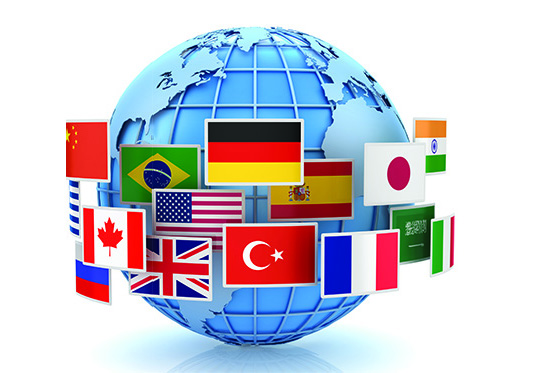I'm making a bold assertion: global supply chain management practices are single-handedly holding down inflation across the globe. Economists have been asking for a while now why inflation stubbornly remains below “ideal” levels, despite uses of various policy levers. There is some evidence that it could be due to the ability of modern global supply chains to continue to find new and cheaper sources of production—the power of competition—coupled with old fashioned managerial innovation.
Naturally, like every good party, too much of a good time creates its own problems. The easy profits and economic growth are over, at least for now. The rise of middle classes in China and other parts of the world eliminates cheap sources of labor for Western countries due to rising wages and improved regulations. Their rise also creates new markets for domestic industries, further reducing the dependency of “emerging” economies on the West.
These are clear headwinds to the power of global competition to generate innovation and cost-savings. The wave of populist doubling down on protectionism further undercuts competition. Today's announcement of even more tariffs in the U.S, this time on consumer goods from China, underscores how much we've lost our appetite for competition.
There are plenty of legitimate concerns from the US and EU, as well as from China and many other countries, over the “fairness” of global trade, and also how to fairly distribute wealth. The West has long focused on wealth generation, and we're good at it. Companies are beginning to invest the fantastic wealth of the West into Fourth Industrial Revolution technologies such as Industrial Internet of Things and 3D printing which promise to put more economic power in the hands of workers closer to markets, which may (eventually) alleviate the concerns some have over the rise of Western plutocracies and wealth gaps that exceed those of the roaring 1920's.
Whether or not the next election cycle brings new approaches to global trade and a re-invigorated spirit of competition, supply chain managers will become more heavily dependent on the other source of efficiency: managerial innovation. The new technologies will require new forms of organizing, motivating, planning, and controlling.
The changes to the world economy have only just begun. And supply chain managers stand at the forefront.
SC
MR


Latest Supply Chain News
Latest Podcast

 Explore
Explore
Business Management News
- 2024 Warehouse/DC Operations Survey: Technology adoption on the rise
- Benchmarking the complexity of ESG reporting
- Looking back at NextGen 2024
- The Corporate Sustainability Due Diligence Directive
- How to make your CFO a supply chain superfan
- Manufacturing again contracts in October, reports ISM
- More Business Management
Latest Business Management Resources

Subscribe

Supply Chain Management Review delivers the best industry content.

Editors’ Picks





